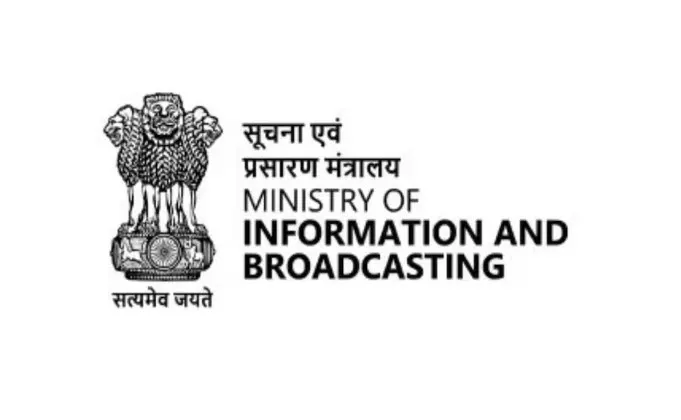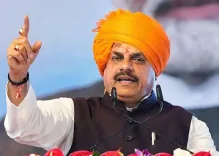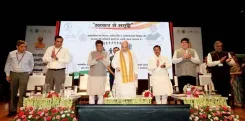Why Did the Government Ban OTT Platforms Like Ullu, ALTT, and Desiflix?

Synopsis
Key Takeaways
- Government intervention in digital content regulation.
- Blocking of **25 OTT platforms** for obscene content.
- Legal grounds for banning include multiple acts.
- ISPs are responsible for compliance.
- Ongoing discussions in the Supreme Court about content regulation.
New Delhi, July 25 (NationPress) In a decisive move to address illegal and obscene content, the government has instructed Internet Service Providers (ISPs) to block public access to 25 OTT platforms, including notable names such as Ullu, ALTT, and Desiflix.
A notification from the Ministry of Information and Broadcasting (MIB) highlighted that intermediaries have a responsibility to eliminate or obstruct access to unlawful materials as mandated by the Information Technology Act, 2000, and the Information Technology (Intermediary Guidelines and Digital Media Ethics Code) Rules, 2021.
This action seeks to prevent the spread of content that is considered sexually explicit and in violation of Indian legal and cultural standards.
The platforms being banned include Big Shots App, Boomex, Navarasa Lite, Gulab App, Kangan App, Bull App, Jalva App, Wow Entertainment, Look Entertainment, Hitprime, Feneo, ShowX, Sol Talkies, Adda TV, HotX VIP, Hulchul App, MoodX, NeonX VIP, Fugi, Mojflix, and Triflicks.
These platforms have been found to violate several laws, including Section 67 and Section 67A of the Information Technology Act, 2000, Section 294 of the Bharatiya Nyaya Sanhita, 2023, and Section 4 of the Indecent Representation of Women (Prohibition) Act, 1986.
The government has clearly instructed ISPs to disable or revoke public access to these websites within India.
According to media reports, “MIB has also notified the Director (DS-II), Department of Telecommunications, requesting compliance assistance from ISPs.” This action underscores the government's commitment to upholding digital content regulations and ensuring compliance with the nation's laws.
In response to a petition seeking a ban on sexually explicit content on OTT and social media, the Supreme Court expressed, “It’s not our domain, you do something.” Nevertheless, the Justices emphasized the necessity for executive action, with the Solicitor General indicating that existing regulations and additional measures are under review.







